We find ourselves in a complicated situation that is affecting many, either by contagion or to prevent it.
Nosa Healthcare urges caution and hygiene. If you can stay at home or telework, all the better. We know that pharmacies and supermarkets will be open to meet our needs, so there is no need to raze everything to the ground.
Try as far as possible not to leave children with older people, as they are at risk.
In this month's post we tell you what the new Coronavirus is and how to act against it. All the information can also be found on the website of the Ministry of Health of our government.
What is the new SARS-CoV-2 Coronavirus?
Coronaviruses are a family of viruses that normally affect only animals, although they can occasionally be transmitted to humans.
SARS-CoV-2 is a new type of coronavirus first detected in December 2019. This new virus can affect people and causes COVID-19 disease.
How is this virus transmitted?
Transmission occurs through close contact with respiratory secretions generated by coughing or sneezing of a sick person.
These secretions could infect another person if they come into contact with their nose, eyes or mouth.
Airborne transmission over distances greater than one to two metres is unlikely.
What are the symptoms of the new coronavirus?
The most common symptoms of COVID-19 disease are the fever, cough and shortness of breath.
Note that 80% of cases have mild symptoms.
Is there treatment for the new coronavirus?
There is no specific treatment, but some antiviral drugs are being used and have shown some efficacy in recent studies.
Treatments do exist for the control of its symptoms.
As a virus infection, antibiotics should NOT be used as a means of prevention or treatment.
What can I do to protect myself from the new coronavirus and other respiratory viruses?
- Wash your hands frequently.
- Avoid touching your eyes, nose and mouth, as hands facilitate transmission.
- When coughing or sneezing, cover your mouth and nose with your elbow bent.
- Use disposable tissues to remove respiratory secretions and throw them away after use.
- If you have respiratory symptoms, avoid close contact with other people.
Should I use a mask to protect myself?
The general healthy population does not need to use face masks.
Masks help prevent transmission of the virus if worn by those who are sick.
Healthcare professionals shall indicate the use of masks in situations where it is considered necessary.
How should I act?
If you have a fever or cough, stay at home and call the telephone number in your Autonomous Community. If you have shortness of breath, a worsening sensation or a feeling of seriousness, call 112.
Remember this order so as not to collapse the lines. Its proper use depends on everyone.
In a pandemic situation, who is tested?
People with acute respiratory infection with criteria for hospital admission, thus preventing transmission in hospitals.
Persons with acute respiratory infection who are health care workers, social-health care workers or other essential services. This ensures essential services and protects vulnerable groups by controlling transmission.
What do we tell children about this virus?
We suggest you start by asking them what they know about the coronavirus. If they have questions, answer them in a way that they can understand and, above all, calmly.
What you need to know:
- It is a new virus discovered in Cina in December 2019.
- Symptoms: fever, cough and shortness of breath.
- Protection. Remind them how to wash their hands, how to cough or sneeze, not to touch their faces with their hands and, above all, if they feel unwell to tell an adult.
It is very important that they are aware of the current situation and learn to take hygienic measures from an early age.

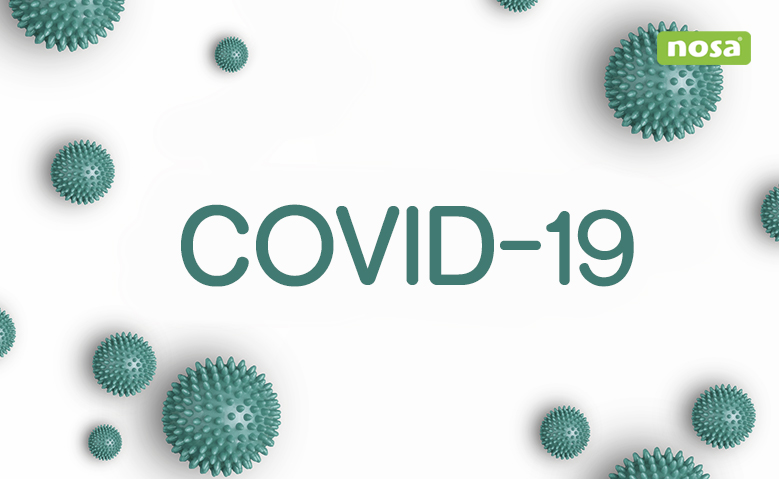
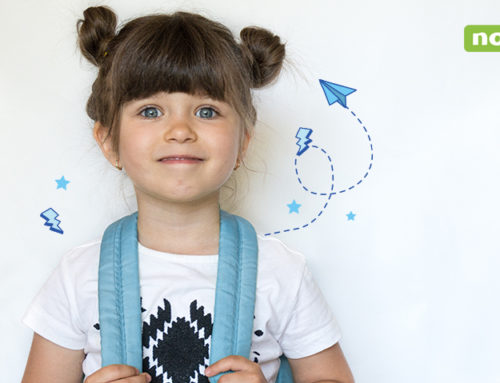
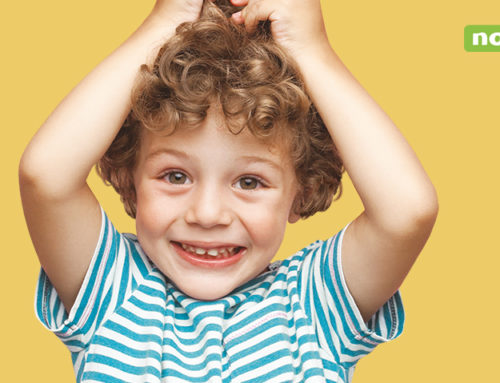

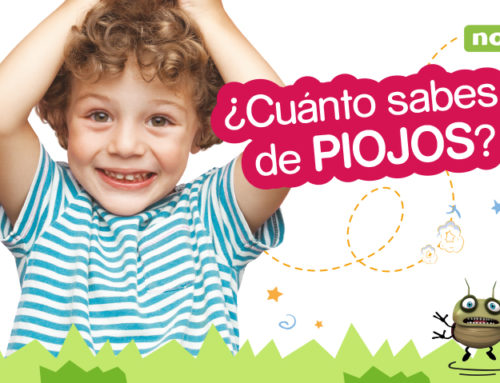
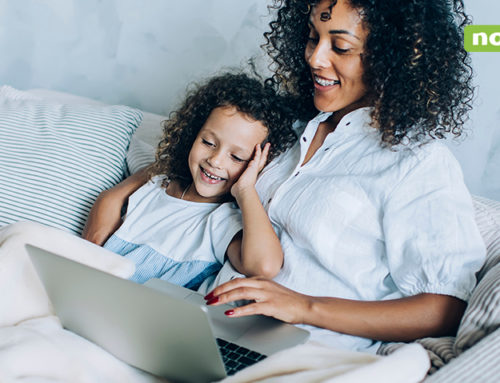
What is the percentage of alcohol in your aloe vera sanitising gel?
Hello! Our hydroalcoholic gels with Aloe Vera have a 70% alcohol content.
Hello, I have just bought hydroalcoholic gel National Code: 199563.6 and I see that now the label does not say that it contains 70% of alcohol as it did before. Does it still carry 70% of alcohol?
Hello! Our formula still carries a 70% of alcohol. Thank you very much.